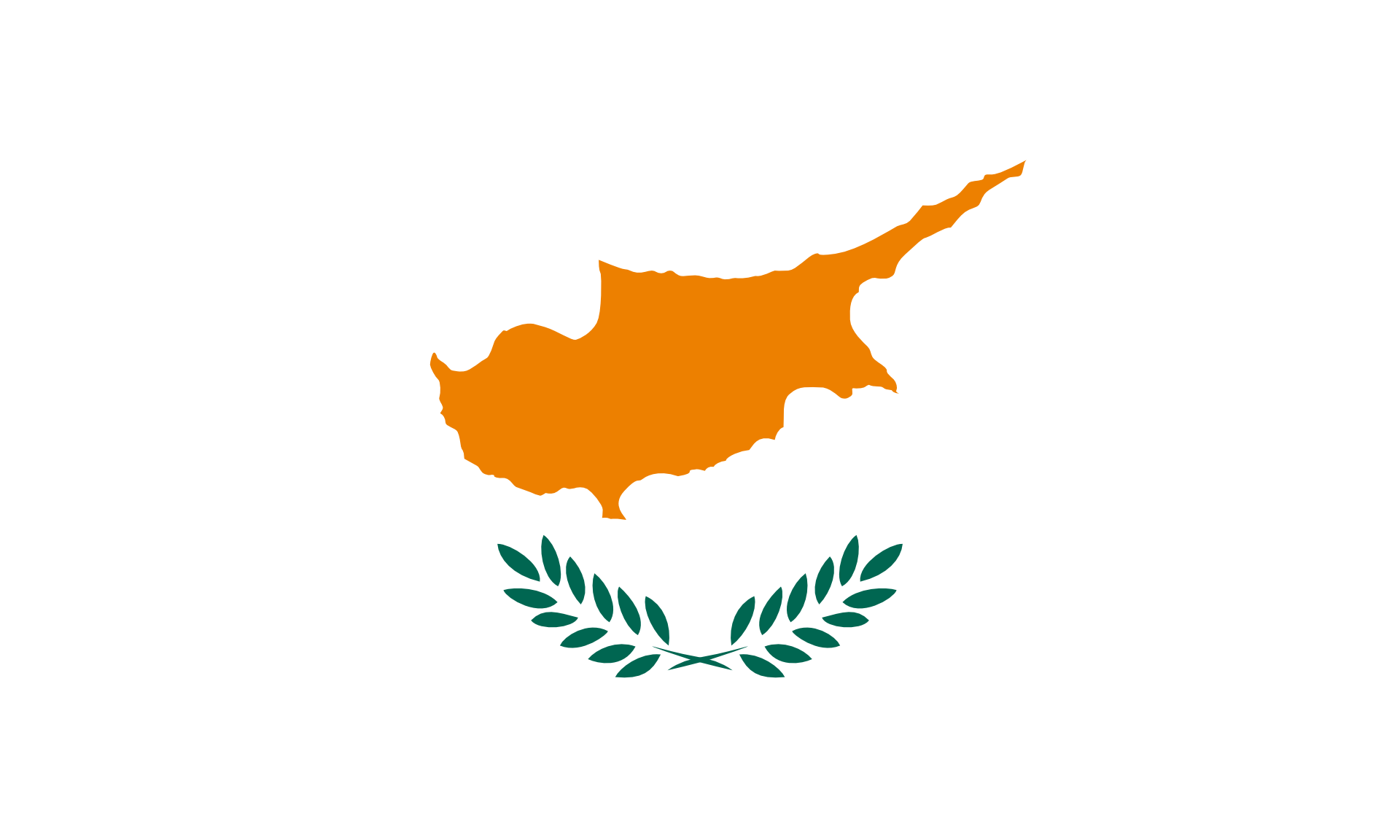Cyprus has been locked out of international markets for more than a year now and it is only thanks to a Russian loan that it managed to postpone a bailout request from the EU last summer. With the Russians being hesitant to renew their lending to the Cypriot government, President Christofias has been left with no option but to seek aid from the IMF and the EU. Nevertheless, he is still being accused by the opposition parties of trying to further delay the adoption of any measures, at least so until the presidential elections which are scheduled to take place in February 2013 – the burden of a possible ‘surrender’ to the IMF ‘neoliberal’ doctrine may prove unbearable for AKEL (Cyprus’s communist party currently backing the government).
The pending adoption of painful yet all too necessary measures has sparked an over-stretched row of confrontation between government and opposition parties as to who is to blame for the current state of the Cypriot economy and the downgrading of the status of the Cypriot economy to ‘junk’. Government members refuse their share of the blame by highlighting the collapse of the banking system as the main reason behind the country’s current precarious situation. Mainly because of Cyprus’s establishment as a successful global financial centre, the banking system of Cyprus is indeed disproportionately large in relation to the country’s GDP, as illustrated in the table below:
Banking system in Cyprus with heavy exposure to Greece (IMF, 2011)
|
Total |
Percentage to GDP |
|
| Total Bank Assets in Cyprus |
€152 billion |
835% |
| Assets of commercial banks with Cypriot parents |
€92 billion |
500% |
| Exposure of these banks to Greece |
€29 billion |
160% |
Cypriot banks have consistently tried to expand their presence in the Greek market and, as a result, they are now loaded with a disproportionate amount of non-performing loans. In addition, and most importantly, there has been an unsound purchasing of Greek bonds over the past few years, even a few months prior to Greece’s request for aid, which has proved to be a mistake and substantially damaging for the capital ratios of the banks. The extensive haircut performed on Greek bonds has forced Cypriot banks to incur heavy capital write-downs and has left them with no other option but to turn to the state for aid. Even though the exact amount of state aid needed has not yet been precisely defined, it is certain that the effect on the national debt will be immense, and possibly even detrimental thereto.
On the other hand, opposition parties are adamant in highlighting that the government must be also held accountable for its lack of action, which further deteriorated the problematic situation. Christofias started his term in office with a remarkable support from all political parties (apart from right-wing DISY), and with a growing economy. Looking at some of the indicators then, national debt to GDP ratio was below 50%, one of the best in the EU, while unemployment was below 4%, a remarkable figure by European standards. Today, having nearly completed its term in office, the Christofias government is in political isolation (only AKEL still supports and participates in the government) and criticism is mounting over how badly the economy has been managed in the last 5 years. The debt to GDP ratio, without considering state aid that will be required by banks, is nearing 75% and is expected to grow even more, unemployment is above 10%, for the first since the events of 1974, and recession has hindered steady growth.
Taking a step back from the debate, Cyprus has many traits that are akin to a Mediterranean model of Capitalism, as this is described in the comparative political economy literature (Amable, 2004). More precisely, this relates to the dominant and influential role of the state in the economy (as a strategic planner, an entrepreneur/owner of public utility enterprises and an employer, with a disproportionate amount of people being employed by the state) and a rather fragmented and unevenly developed welfare system (with peaks of generosity accompanied by macroscopic gaps of protection and relatively more employment than social protection (Ferrera, 1996)). Given this, the Cyprus government could have, especially given the global crisis, pursued those measures that touched upon long-lasting inefficient government practices that cost a great deal of money. For example, making the wage indexation system more just and restructuring it so as to protect the earnings of those in real need; prioritising the need to better target government allowances and benefits; taxing allowances in the public sector; strengthening the inland revenue department so as to combat tax evasion; facilitating foreign investment by eliminating red tape and many others. There is no doubt that such measures could have been pursued with greater commitment and no time delay.
Furthermore and equally importantly, Cyprus, having suffered extensively from the collapse of the banking sector, should more eagerly pursue the establishment of a stronger and more efficient supervisory and regulatory framework, not only at the national but also at the European level. This would help in making the system more transparent and prevent future mistakes by bankers which could possibly jeopardise the whole economy for the sake of short-term profits and bonuses.
Hope for Cyprus is all but lost but the bigger the delay in adopting measures, the more the economic uncertainty will be prolonged with additional adverse effects on the economy. The on-going blame game between politicians has done enough damage already.
References:
- Amable B. (2004) The Diversity of Modern Capitalism, Oxford University Press
- Ferrera, M. (1996) ‘Southern Model of Welfare in Social Europe’, Journal of European Social Policy, 6 (1), pp. 17-37
- IMF (2011) Cyprus Country Report No. 11/331
Note: This article gives the views of the author, not the position of Greece@LSE, the Hellenic Observatory or the London School of Economics.






In my comment in Eurasia Review (PJM – Posted on 30/08/2012) I referred to a paper by two research economists at the IMF. Here is the URL for a pdf file of this paper: http://www.imf.org/external/pubs/ft/wp/2012/wp12202.pdf
I suggest that all readers have a quiet read of this paper. It explains how the present fractional reserve banking system works, and explains just why it is so unstable and leads inevitably to booms and busts.
It also explains a viable alternative, full-reserve banking, and verifies, by running it on the IMF’s very sophisticated mathematical computer model, that this would be a vastly more efficient banking system than the present fractional reserve one.
If the EU broke up, with each member state reverting to its original currency, but running a full-reserve banking system, and at the same time each former EU nation state agreed to belong to a European Free Trade Zone (EFTZ), with freely floating exchange rates, Europe could boom like never before. With a full-reserve banking system, each nation state’s government would have no need to go into debt.
The overall cost to the members of the EFTZ from having to pay for a small army of forex traders would pale into insignificance when compared with the crippling cost of the bloated, highly inefficient EU parliament and EU bureaucracy.
The ordinary people going about their daily lives would still enjoy unencumbered travel between member countries, and as more than 99% of their transactions are done using EFTPOS cards, it would not matter one iota that there was no longer a common currency.
By withdrawing from the EU, adopting a full reserve banking system and a new currency − “cyprachma” is the first name that came into my head − Cyprus could lead the countries of Europe, particularly the southern ones, out of the EU and in to economic freedom the likes of which they have never before experienced. Government debt would become a thing of the past, and so would the power of the banks to create, ex nihilo, debt-based currency – which is the fundamental cause of the global financial crisis.
A new era of debt-free steady growth awaits those who are bold enough and fearless enough to make it happen.